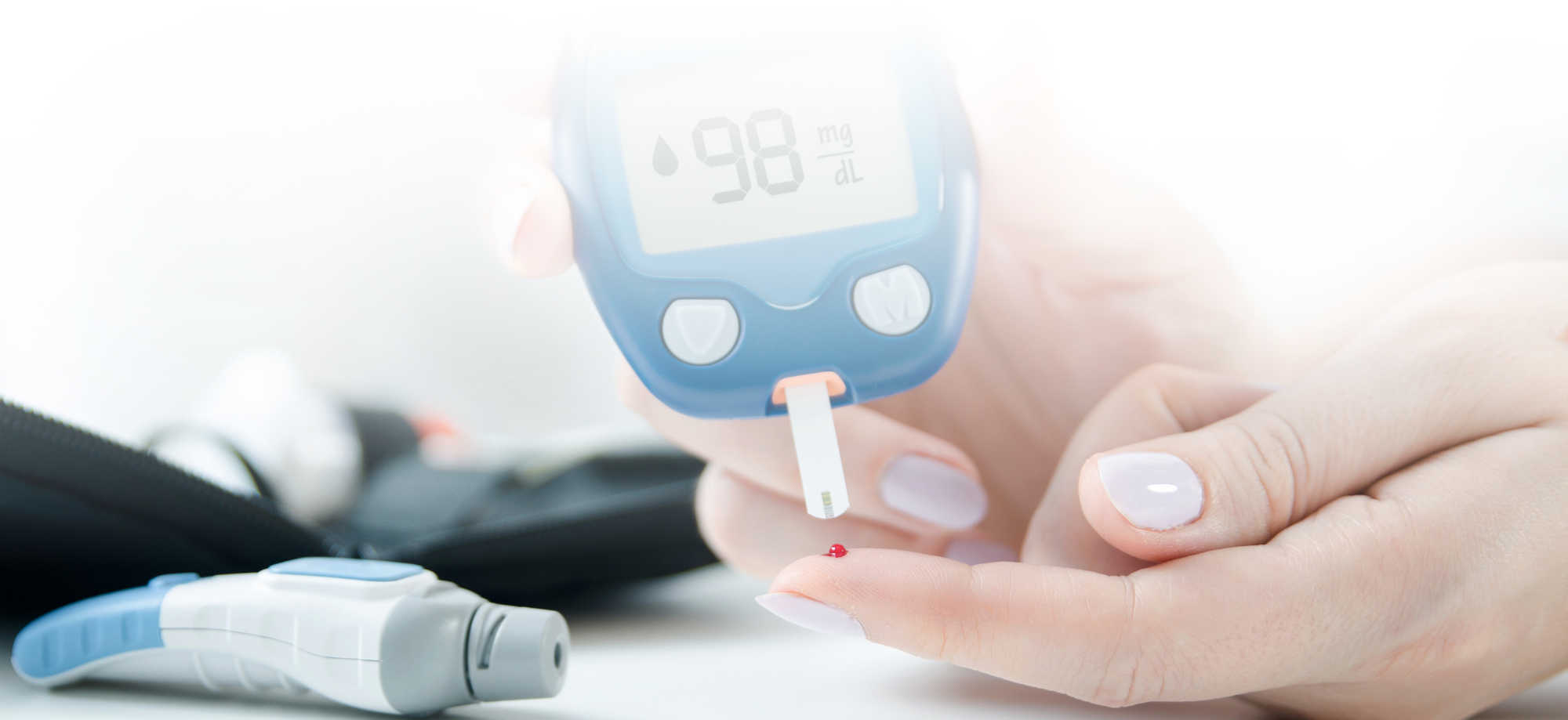
Blood sugar spikes
It is normal to have blood sugar spike, or temporary increase in blood sugar levels after meal. Nonetheless, diabetes can cause the blood sugar to temporarily rise to unhealthy levels after eating. This can lead to both short-term and long-term complications.
In the short term, the unhealthy blood sugar spikes may be temporarily, but it can affect a person’s quality of life with:
Diabetes and Cognitive Health
Diabetes has been linked to impaired cognitive function and changes in brain structure. Studies show that people with both type 1 and type 2 diabetes experience a mild to moderate decline in cognitive abilities compared to non-diabetic individuals. Type 2 diabetes, in particular, increases the risk of developing dementia by 50% (Ann N Y Acad Sci. 1353: 60–71 (2015)).
Each episode of hyperglycemia alters gene function, leading to the production of free radicals. This, in turn, causes inflammation and damages blood vessel linings over time.
Each hyperglycemia episode changes the way certain genes function, resulting in the formation of free radicals, which later leads to inflammation and damage to blood vessel linings.

Spot a SUGAR CRASH
Rapid declines in blood glucose after a spike can mimic symptoms of low blood sugar, like hunger, fatigue, dizziness, and mood changes. Persistent spikes may lead to serious long-term health issues, such as hardened and narrowed blood vessels, increasing the risk of heart attack, stroke, and complications like nerve damage, vision loss, and kidney damage.
In Type 1 diabetes, significant post-meal blood sugar rises can accelerate kidney disease and worsen retinopathy, a serious eye condition. For Type 2 diabetes, these spikes are linked to higher risks of cardiovascular disease and dementia. Addressing post-meal blood sugar spikes is crucial for overall health.




